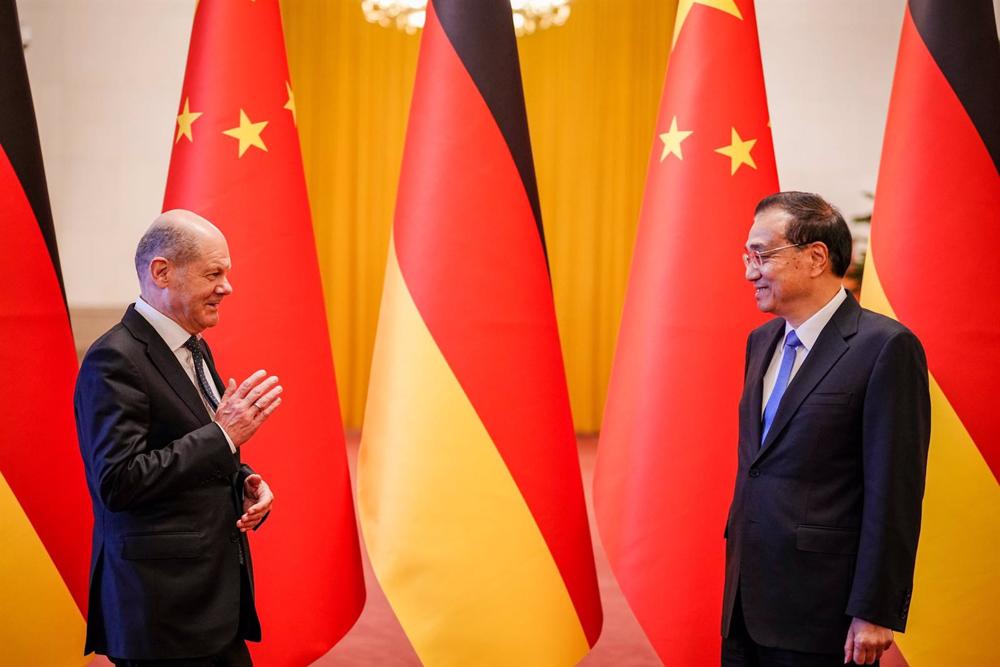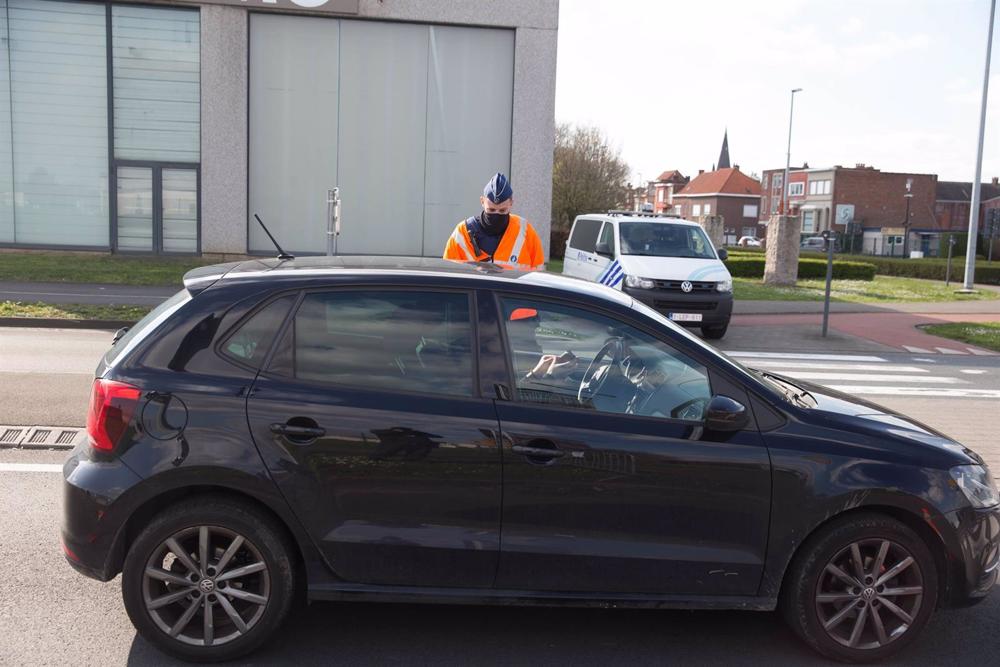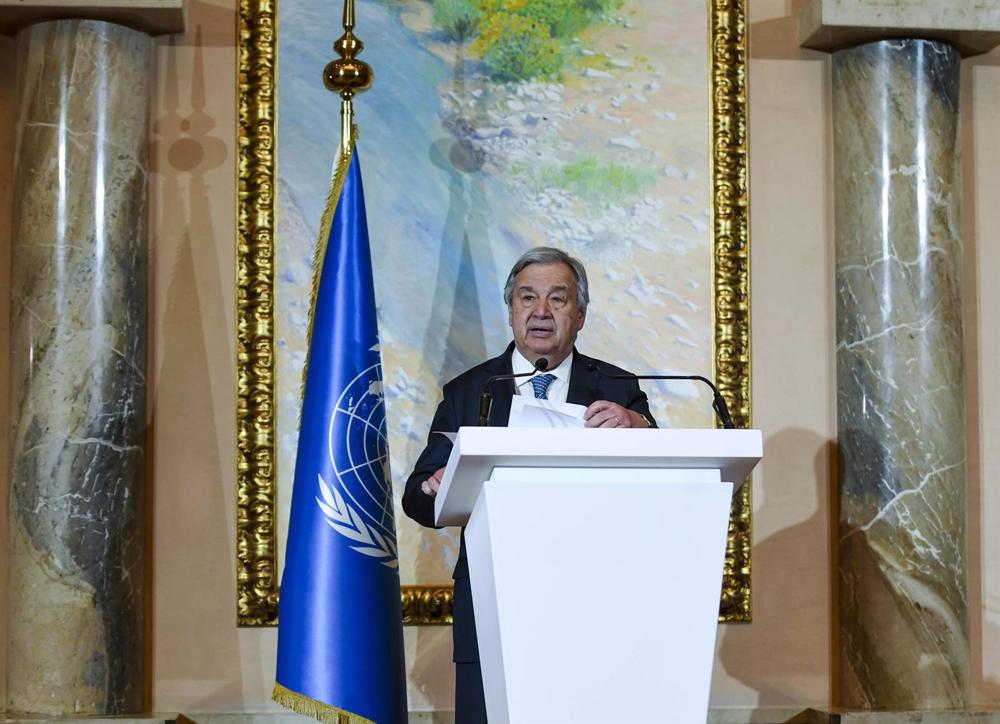
The High Representative of the European Union for Foreign Policy, Josep Borrell, on Tuesday called for «realism» in the EU’s relations with China, stating that they are marked by an intense commercial exchange, so he has defended that European leaders such as the German Chancellor, Olaf Scholz, travel to Beijing and meet with the Chinese authorities.
In the framework of a debate in the plenary session of the European Parliament in Strasbourg, the head of EU diplomacy has pointed out that in Europe there is a great disparity of opinions on how to deal with the relationship with China, from those who call for cutting ties because of its rights violations to those who defend a pragmatic path.
In this sense, Borrell recalled that every day China and the EU have a commercial exchange of 2,000 million dollars to underline that «when so much is exchanged, the relationship has the importance it has».
«I do not understand why the visit of the German chancellor to China raises so much concern, is not it normal that the chancellor of the country that exports 3 percent of its GDP (go)? How many times Angela Merkel went to China?», has argued the High Representative.
In front of the MEPs, the former Spanish minister insisted that relations with China should be seen from the prism of «realism» since the Asian giant plays a key role in the face of «real problems», such as climate change.
«I would like all the considerations I have heard to take into account the reality of life, the complexity of this reality and the need for the European Parliament to contribute to this,» he insisted.
DEPENDENCIES DO NOT BECOME VULNERABILITIES In any case, the head of the EU Foreign Affairs has recognized that the relationship with China is «one of the most challenging things that Europeans must face» and this will continue to have «many faces», being the Asian giant an actor with which the EU must cooperate even if they have antagonistic political models.
The «decoupling» with respect to China «is not an option», Borrell warned, stressing that the United States is not considering this scenario either. However, he pointed out that the EU must be alert so that the commercial dependencies that now mark the relationship do not become «vulnerabilities» in the future, as has happened with Russia in the energy field.
In this sense, he drew a parallel between China’s dependence on the green transition, as in the case of solar panel production, which represents 80 percent of the sector in Europe, with respect to Russian fossil fuels.






